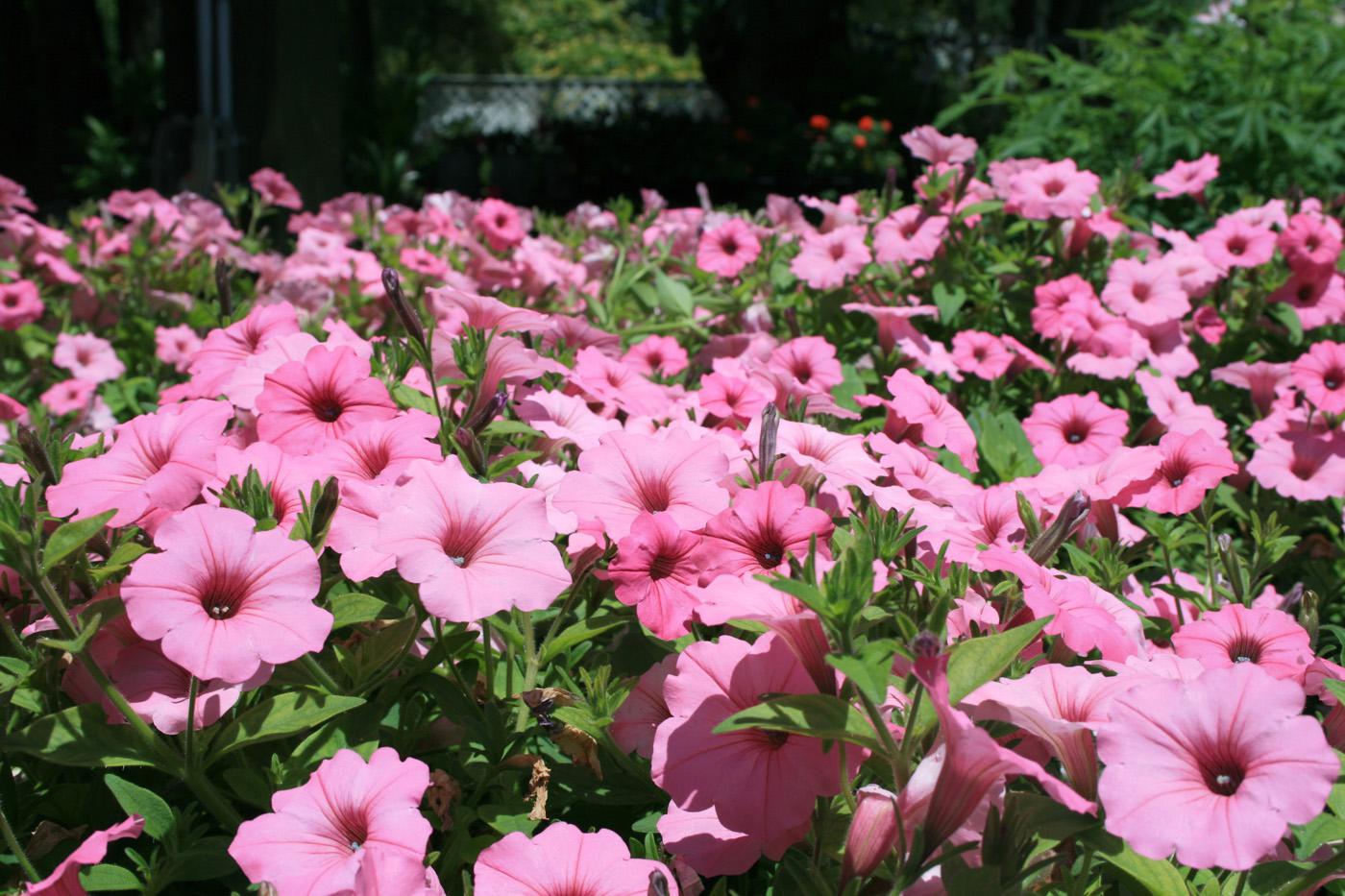Information Possibly Outdated
The information presented on this page was originally released on June 21, 2011. It may not be outdated, but please search our site for more current information. If you plan to quote or reference this information in a publication, please check with the Extension specialist or author before proceeding.
Organic fertilizer is ideal in gardens
As we enter the hot part of the summer, I’m reminded of how much the cold of winter and the heat of summer have in common.
Before you dismiss me as crazy, let me explain how summer and winter can be similar. Due to the current heat and humidity, most Mississippi gardeners – including me -- are spending time indoors trying to avoid sunburn and heat stroke. This gives us a lot of time to think about what to plant and new gardening projects to accomplish when cooler temperatures return.
This is similar to what we do in the winter, as we fantasize about our spring gardens during the cold months when we’re stuck indoors.
One thing to think about when you’re stuck indoors is how to accomplish organic gardening. I am often asked about sources for organic fertilization. Alternatives to regular, chemical fertilizer – that is, the granular 10-10-10 stuff – are at the top of the list for many gardeners.
Because Mississippi grows a lot of cotton, most gardeners have access to cottonseed meal. Cottonseed meal has a nitrogen to phosphorus to potassium ratio of about 6-2-1 and is a good source of trace nutrients. It is considered a short-term, slow-release source of these nutrients for three to four months.
Cottonseed meal is best used as a composted material, and it is a great way to increase organic matter in garden soils. Some people may be concerned about possible contamination from commercial agriculture chemicals, but these concerns are largely the stuff of urban legend.
Vermicompost, commonly called worm castings, is another amendment that generates a lot of interest. Earthworms are used to break down and stabilize organic wastes, producing “black gold.”
Do not add vermicompost in the same quantities as a normal composted material. Research has shown that amending soil or potting mix with only 10 percent vermicompost produces very healthy growth enhancements. Adding a quarter cup of vermicompost to each tomato plant is an ideal application rate for the home garden.
Vermicompost is often marketed as a fertilizer, with nitrogen content typically between 0.5 and 1 percent. Anything higher than this range is probably enriched.
When you finish your breakfast, you may already take your coffee grounds and banana peels out to the compost pile, but these can have other uses. When used as a mulch or topdressing, coffee grounds can inhibit weed seed germination. What a great way to control weeds in the garden! Most of us don’t drink enough coffee to treat the entire garden, but many coffee shops will give you their used grounds.
Bananas are a good source of phosphorus and potassium for us, and the peels do the same for our plants. They decompose quickly, so simply cut them up and add them to the planting hole for tomatoes or peppers. You can also use banana peels as an organic, side-dressing treatment for most landscape and garden plants.
Plants don’t care about the source of their mineral nutrition, so I encourage you to use organic-based fertilizer. Organic fertilizers don’t necessarily add increased or better nutrition, but they do offer intangibles that benefit overall soil health. And having a healthy soil is the first step to having a healthy garden.





